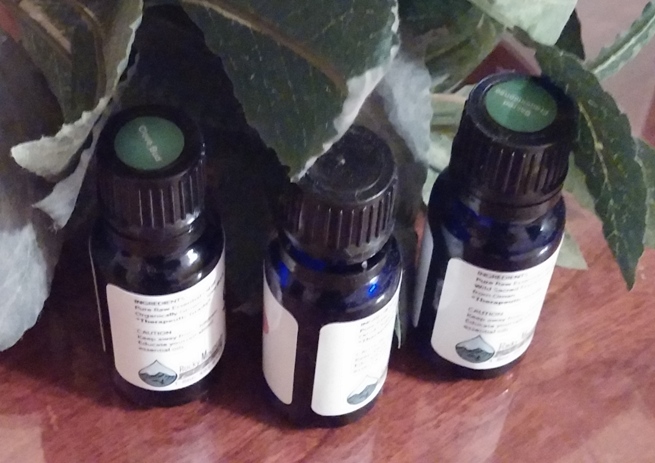Essential oils
Benefits of Oil of Oregano
My second shipment of Oil of Oregano has arrived! Going to add a few of drops into my disinfectant spray. Click here for my article on …
The Show Down- Oil of Oregano vs Cinnamon Oil
Wow, when I went on this investigative journey, I had no idea that I was going to “get into the weeds” with this. I have …
The Bomb- Essential Oils Part 3
So I left my research a couple of days ago , thinking that Oregano Oil is “The Bomb”. Well I still think that, considering an …



You must be logged in to post a comment.